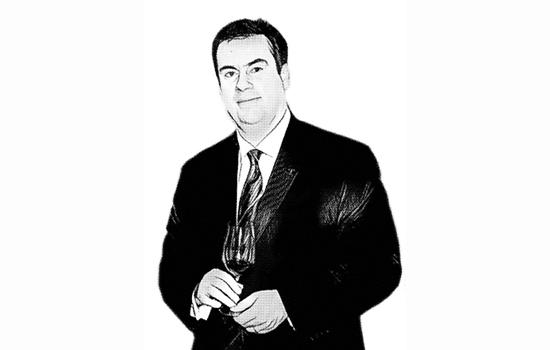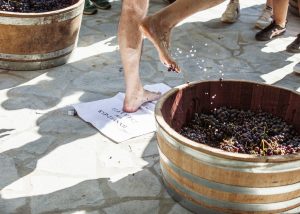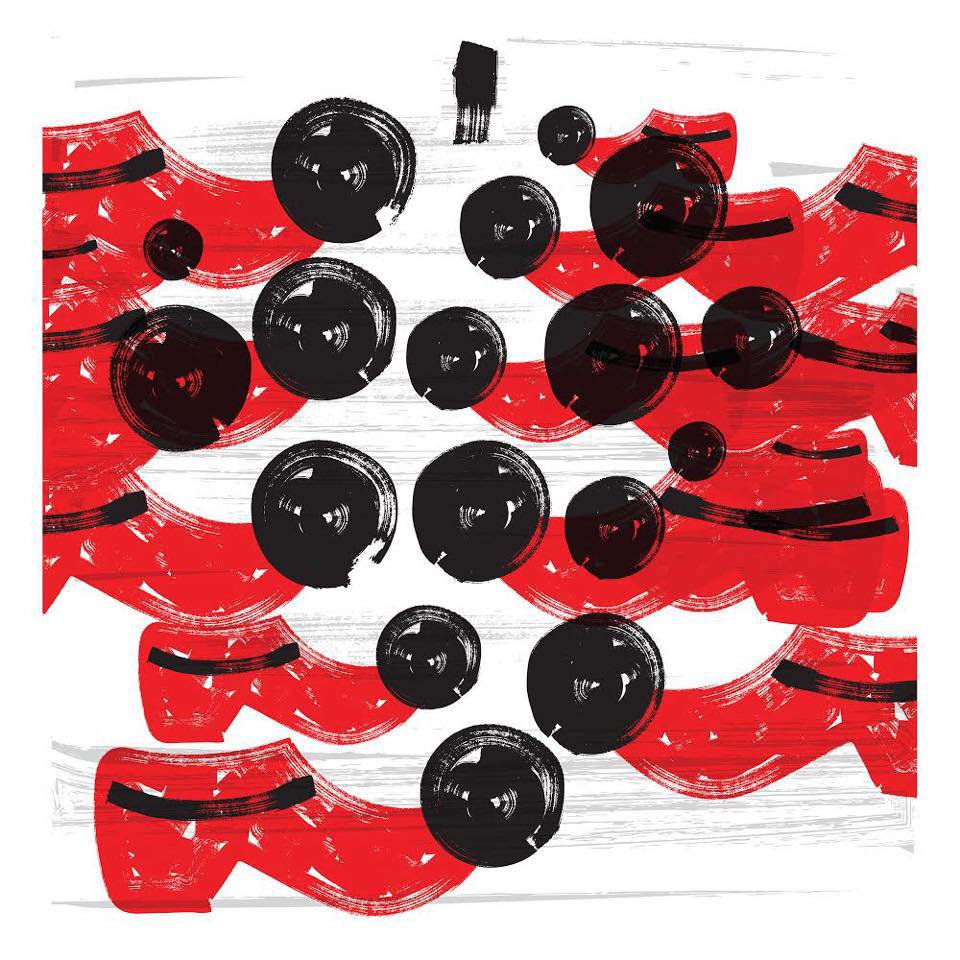
Last May, the Vinexpo Bordeaux wine exhibition took place in, well, Bordeaux, and it was far and away the most poorly attended Vinexpo of all time. However, almost no one goes to Vinexpo for the exhibition anyway they’re there for the parties. During the four-day event, all the famous Châteaux organize amazing dinners and open incredible bottles. The whole point, of course, is to get invited to the best parties. The most talked about dinner of the 2019 Vinexpo, and presumably the trickiest invitation to get, was the evening event held at Château D’ Yquem, underlined in importance by the presence of its owner, Bernard Arnault, himself. Arnault is the richest man in Europe and the fourth richest in the world, at least among those whose wealth is publicly traceable. On that evening, everyone expected that the host would be invisible at the start, appear for a quick toast and then get into his helicopter and disappear. Instead, bernard Arnault welcomed everyone with a handshake and a big smile, grabbed the microphone, talked for half an hour entirely in French, and stayed on until the last guest left. And then he jumped into his helicopter.
Arnault is a most peculiar case in the world of billionaires. He is the head and founder of LVMH, the luxury giant of our times, with an annual turnover of $40 billion, out of which more than $6 billion goes to the LVMH shareholders. The list of brand names under the LVMH umbrella is dazzling and ranger from drinks (Dom Perignon, Möet, hennessy, Cheval blanc, Cloudy bay, belvedere, krug and more), to fashion (including Louis Vuitton, Celine, Dior, Marc Jacobs and Berluti), to perfumes (such as Acqua di Parma and Guerlain), to jewelry and watches (Tag Heuer, Bvlgari and Chaumet, among others) and many other sectors. While most of the other magnates of our times push us towards easier living, like gates keeping our desk tidy and bezos helping us spending less time shopping in malls or boutiques, Arnault is opening up the gates to the good life for us. One of his latest additions to the LVMH portfolio was a surprise to many people the acquisition of the Orient Express train service. Others, in hindsight, said that the purchase of a majority stake in Rimowa, the luxury luggage brand, was already pointing in the same direction. It seems that the good life is not about having things anymore. It is all about experiences. This dovetails very nicely with what knowledge is for modern people, according to writer and historian yuval Noah Harari. Harari has a formula: knowledge experience x sensitivity. We gain knowledge from filling up our lives with a range of experiences, but we must have the initial sensitivity to appreciate these experiences and then we must allow ourselves to change as a consequence. Harari stresses the importance of that multiplication sign standing between experience and sensitivity. If you have the highest sensitivity in the world but zero experiences, this results, after multiplication, in zero knowledge. The same goes for the other way round, for someone going through myriad experiences but having no sensitivity to appreciate these, let alone move onto a greater level of understanding of how rich the world can be. Imagine, for instance, the ability to taste and the food we eat. Someone could have the most sensitive palate in the world, but, for some bizarre reason, eat the same food, like fish and chips, all her life. It would be a miserable, and probably malnourished, existence. And that’s not all: a sudden exposure to another food, say sushi, would be such a shock that understanding the qualities of the new taste sensations would be impossible. The other extreme is, sadly, far more common. A person loves fish and chips but, thanks to some fortunate circumstance or another, gets exposed to all kinds of different cuisines. Still, everything is dismissed as inferior. Fish and chips remain, for them, the best food that someone can have. zero sensitivity, zero appreciation, zero change. Zero knowledge.
Let’s move on to wine. Wine is an amazing product that offers a huge gamut of styles. You can cover a long table with glasses of different wines, taste them all and find the fact that all these beverages started off from the same fruit clearly unbelievable. And yet some people do spend their entire lives drinking only one wine. These are usually winemakers, mainly amateurs but also, sadly, some professionals as well. Many, many wine drinkers, however, drink a very limited range of styles and resist everything else. “It’s always Champagne, white Burgundy or red Bordeaux for me, my dear.” No matter what these people taste, their vinous yardstick remains pretty much the same. This is made even sadder by the fact that wine is so much more than that which is in the glass. Beyond the aromas and flavors, the acidity or the body, someone can connect with the place of production, the grape variety, or even the personality of the producer. When tasting wine, you’re allowing yourself to be exposed to myriad factors, and this is priceless. All of these thoughts come to mind every summer, when I encounter people who, having picked greece as their travel destination, resist drinking greek wine. Provence rosé is great, but you can have it back home. Frankly, you can have it everywhere! There’s lots of it! Would you spend your time in greece eating only burgers and pizza?

Greek wine is very rarely the product of a clever marketing plan. believe me, there are many wines out there that are just conveying marketing concepts. Greek wine is, first and foremost, very artisanal in scale. On an annual basis, the bordeaux region alone produces more than double the wine that the whole of Greece puts out. There are only a dozen vineyard estates in greece that are bigger than the average vineyard in France. Here, most wineries are family-owned businesses of the smallest kind, meaning that the owner is the head winemaker, the head viticulturist, the receptionist, the accountant, the coffeeboy and the emerging markets analyst. These wineries deal with one of the richest oenological ecospheres in the world, because greece has an enormous number of native grape varieties which are endemic, meaning that they cannot be found anywhere else.
The sheer plethora of indigenous varieties is both proof of and testament to the long history of winemaking in this part of the world. For thousands of years, Greeks had wine as a vital part of their life, important enough to merit a god, dionysus. At the same time, they honed the wine they produced into the most appropriate beverage for their mode of consumption to go with their food, to be enjoyed in warm weather, and to have moderate levels of alcohol, since drunkenness was not tolerated. The grapes and the grape-growing places that could best serve these needs were celebrated. The others were left behind.
Today, when you have a glass of Greek wine, you’re getting millennia of both natural and unnatural selection based on culture, on worship and on everyday habits in your glass. There are very few experiences that can match this. So drink more Greek wine. It won’t taste like a Napa Cabernet or an Australian Chardonnay, but it can really, make you a better person.
No kidding.
wspc.gr
